Archaeologists have found evidence of Neolithic humans in Nigeria as far back as 12,000 B.C.E. Swati deliberates on its ethnicity and major tribes in a new weekly column, beginning this Monday – exclusively for Different Truths.
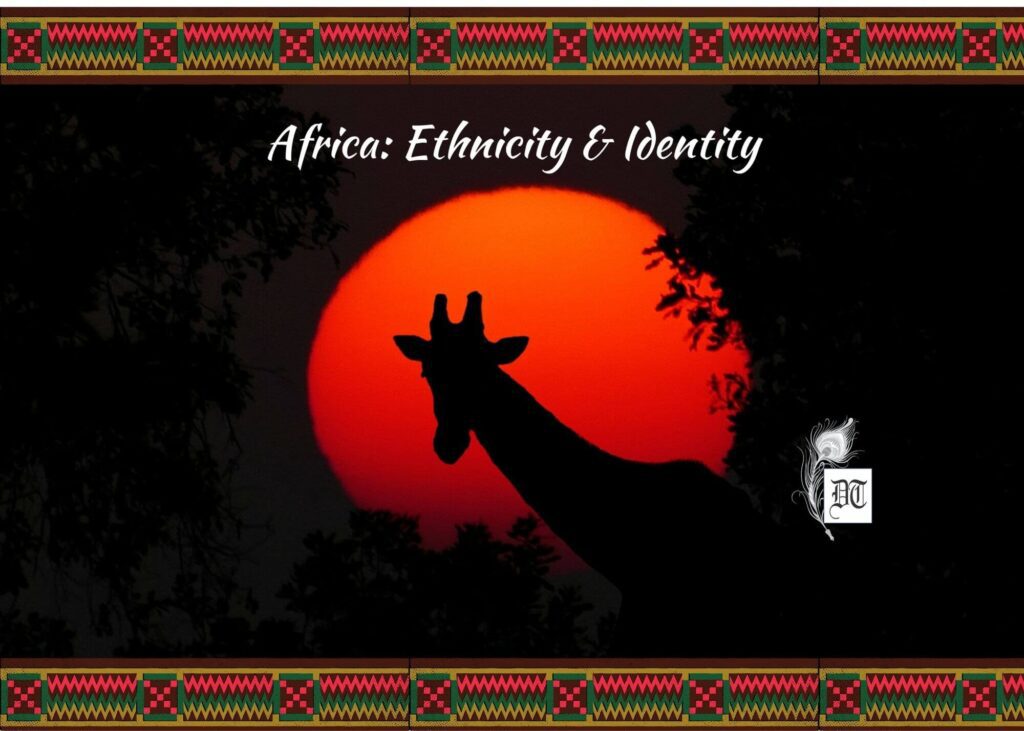
Nigeria is a country in West Africa, along the eastern coast of the Gulf of Guinea and just north of the equator. British journalist Flora Shaw suggested the name in the 1890s. She referred to the area as Nigeria, after the Niger River, which dominates much of the country’s landscape. The word niger is Latin for black.
Archaeologists have found evidence of Neolithic humans who inhabited what is now Nigeria as far back as 12,000 B.C.E. Though there is archaeological evidence that societies have been living in Nigeria for more than twenty-five hundred years, the current borders were not created until the British consolidated their colonial power over the area in 1914. More than 250 ethnic tribes call present-day Nigeria home. Before the Europeans’ conquest, these ethnic groups had separate and independent histories. Their grouping into a single entity known as Nigeria was a construct of their British colonisers.
This country has three main environmental regions: savanna, tropical forests, and coastal wetlands.
This country has three main environmental regions: savanna, tropical forests, and coastal wetlands. These environmental regions significantly affect the cultures of the people who live there. The three most influential and dominant ethnic groups are the Hausa, Yoruba, and Igbo. Other smaller groups include the Fulani, Ijaw, Kanuri, Calabari, Ibibio, Tiv, and Edo.
The dry, open grasslands of the savanna make cereal farming and herding a way of life for the Hausa and the Fulani. The wet tropical forests to the south are suitable for farming fruits and vegetables — the main income producers for the Yoruba, Igbo, and others in this area. The small ethnic groups living along the coast, such as the Ijaw and the Kalabari, are forced to keep their villages small due to a lack of dry land. Living among creeks, lagoons, and salt marshes makes fishing and the salt trade part of everyday life in the area.
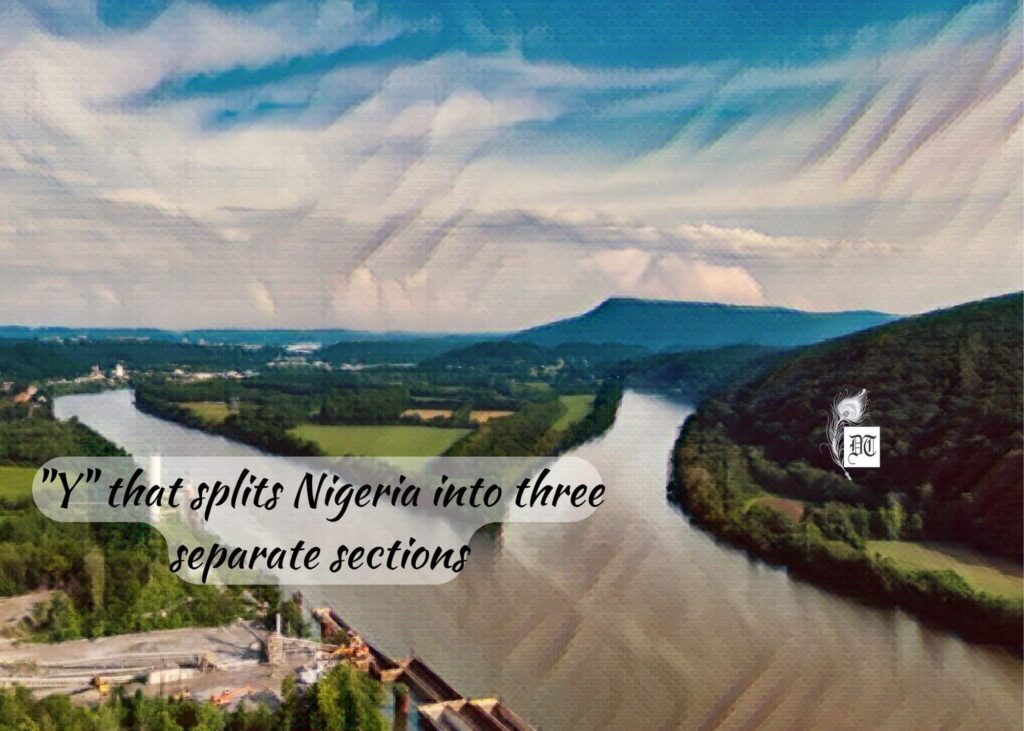
The Niger and Benue Rivers come together in the centre of the country, creating a “Y” that splits Nigeria into three separate sections. In general, this “Y” marks the boundaries of the three major ethnic groups, with the Hausa in the north, the Yoruba in the southwest, and the Igbo in the southeast.
Every ethnic group in Nigeria has its own stories of where its ancestors came from.
Every ethnic group in Nigeria has its own stories of where its ancestors came from. These vary from tales of people descending from the sky to stories of migration from far-off places. In this series of columns, I plan to engage in brief history, origin and folk tales associated with major tribes of Nigeria. The aim is to understand and respect various cultures around the World and to create a Global awareness of a Universal culture to which we all belong.
Picture design by Anumita Roy

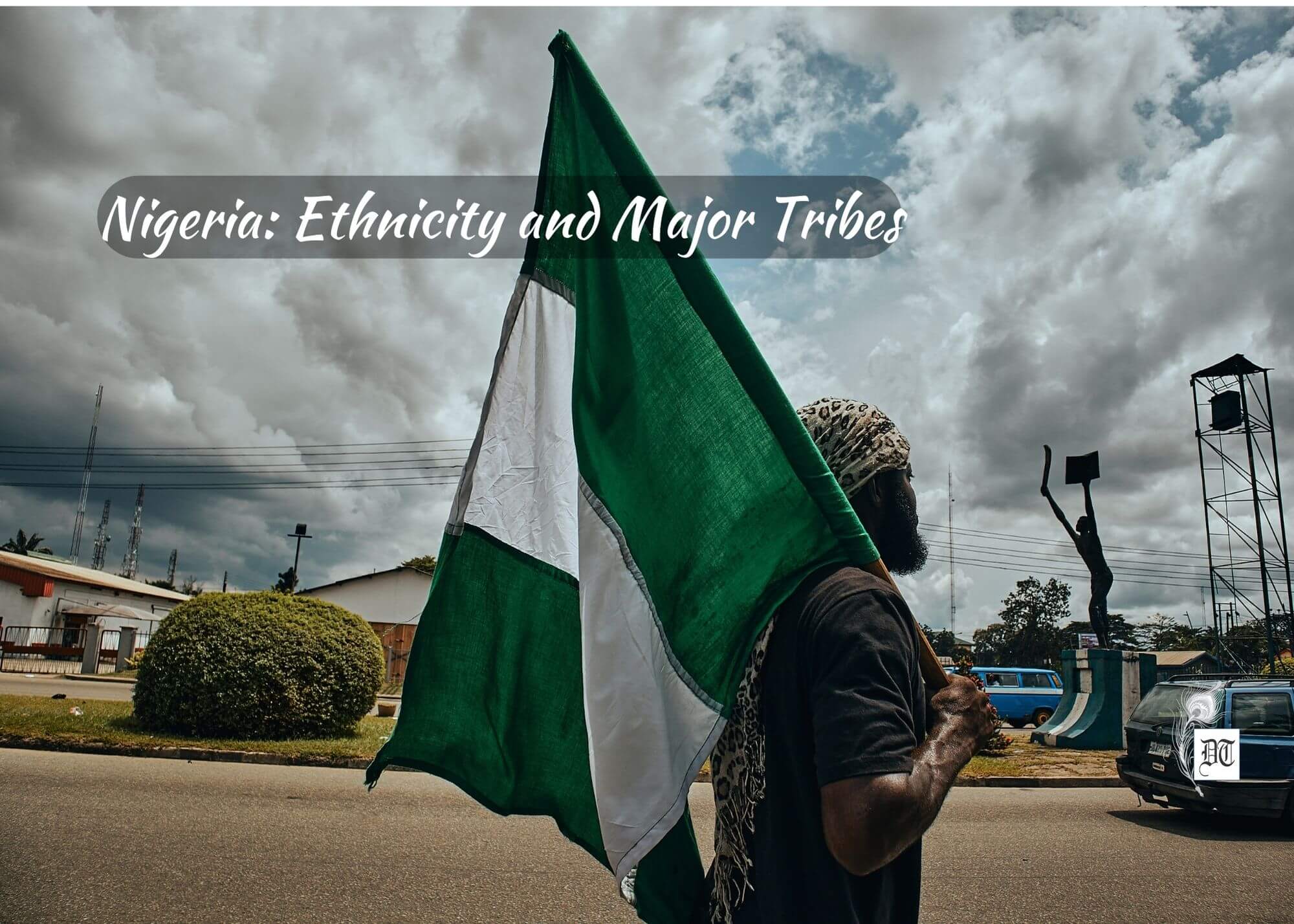
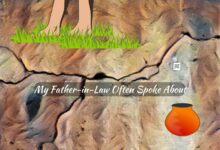
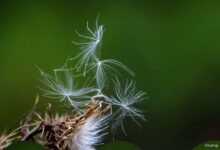
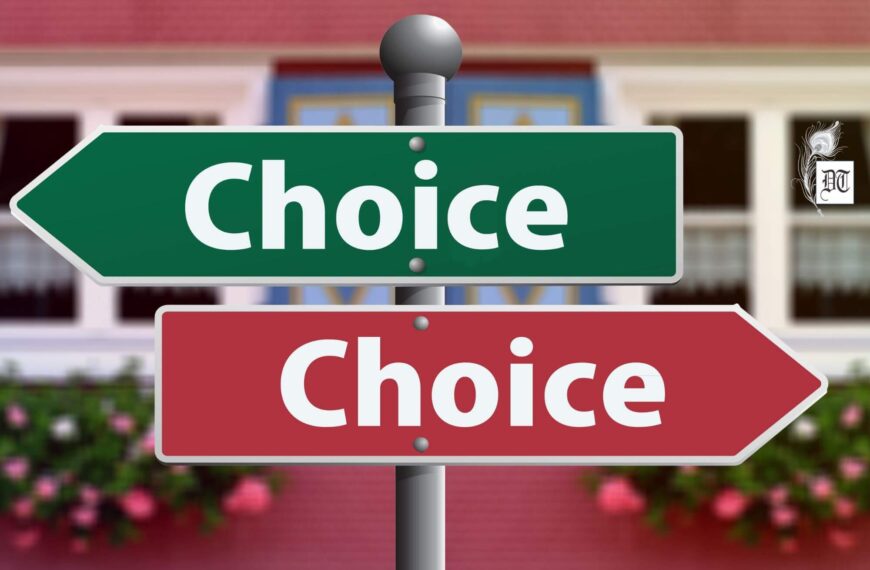
 By
By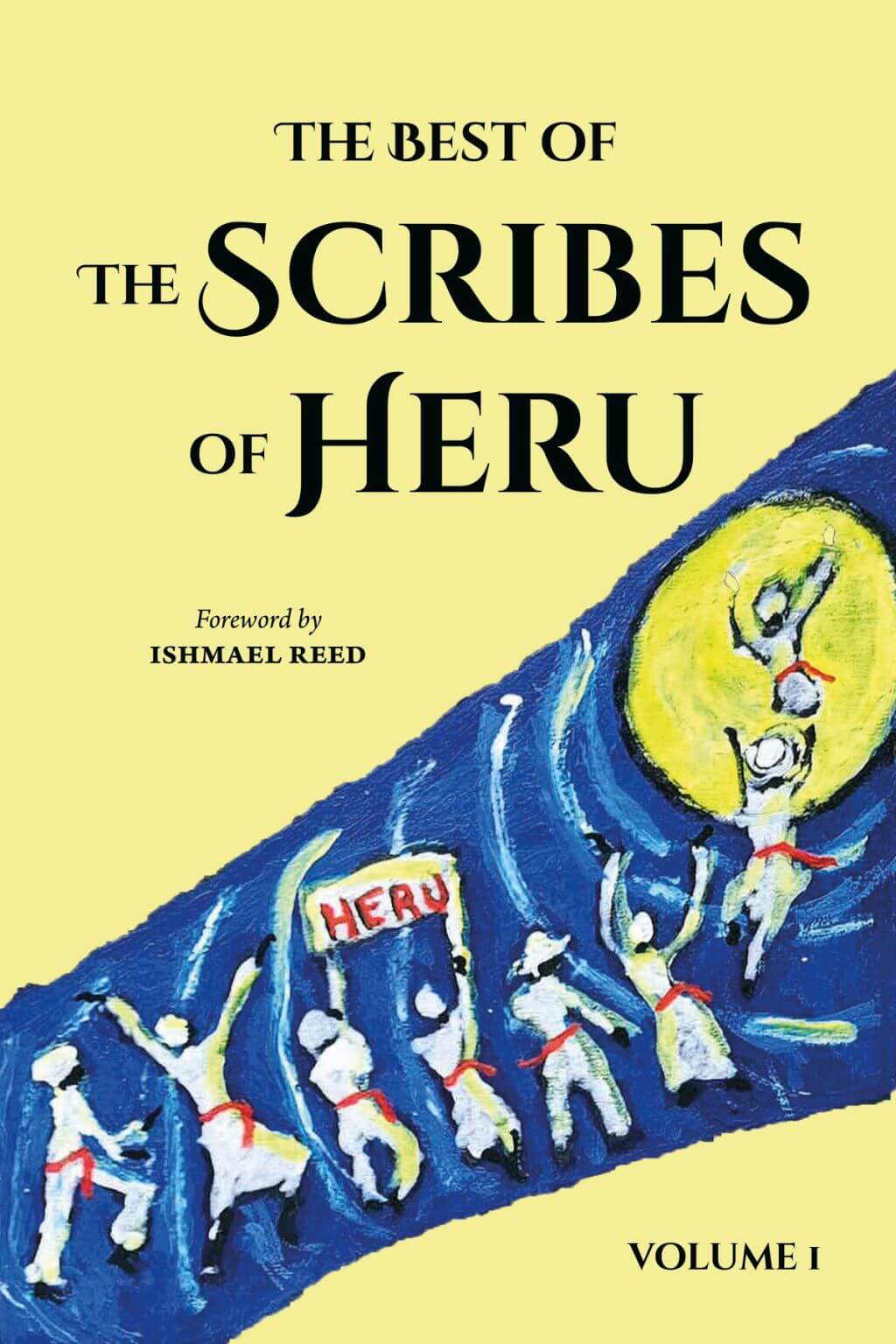
 By
By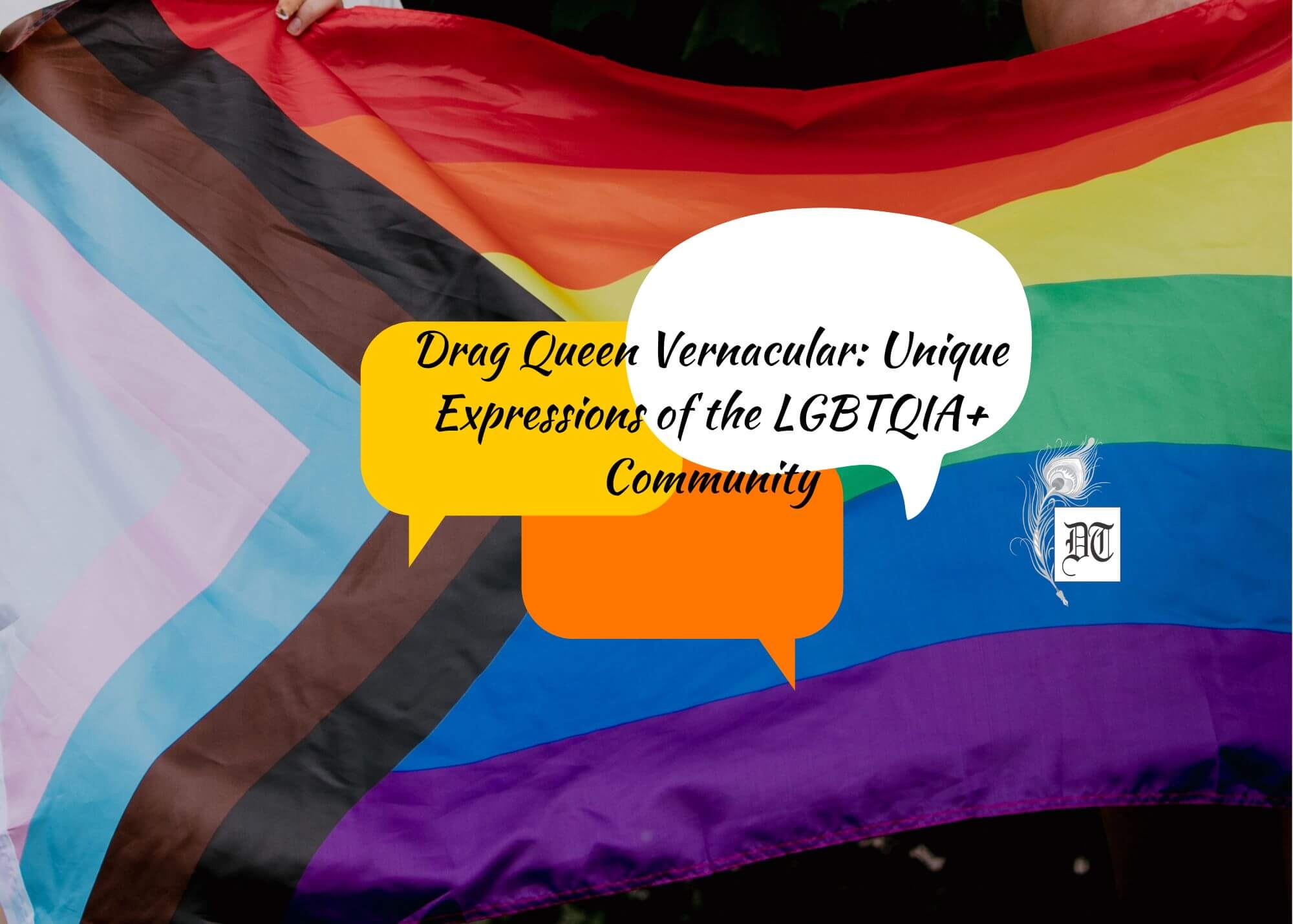
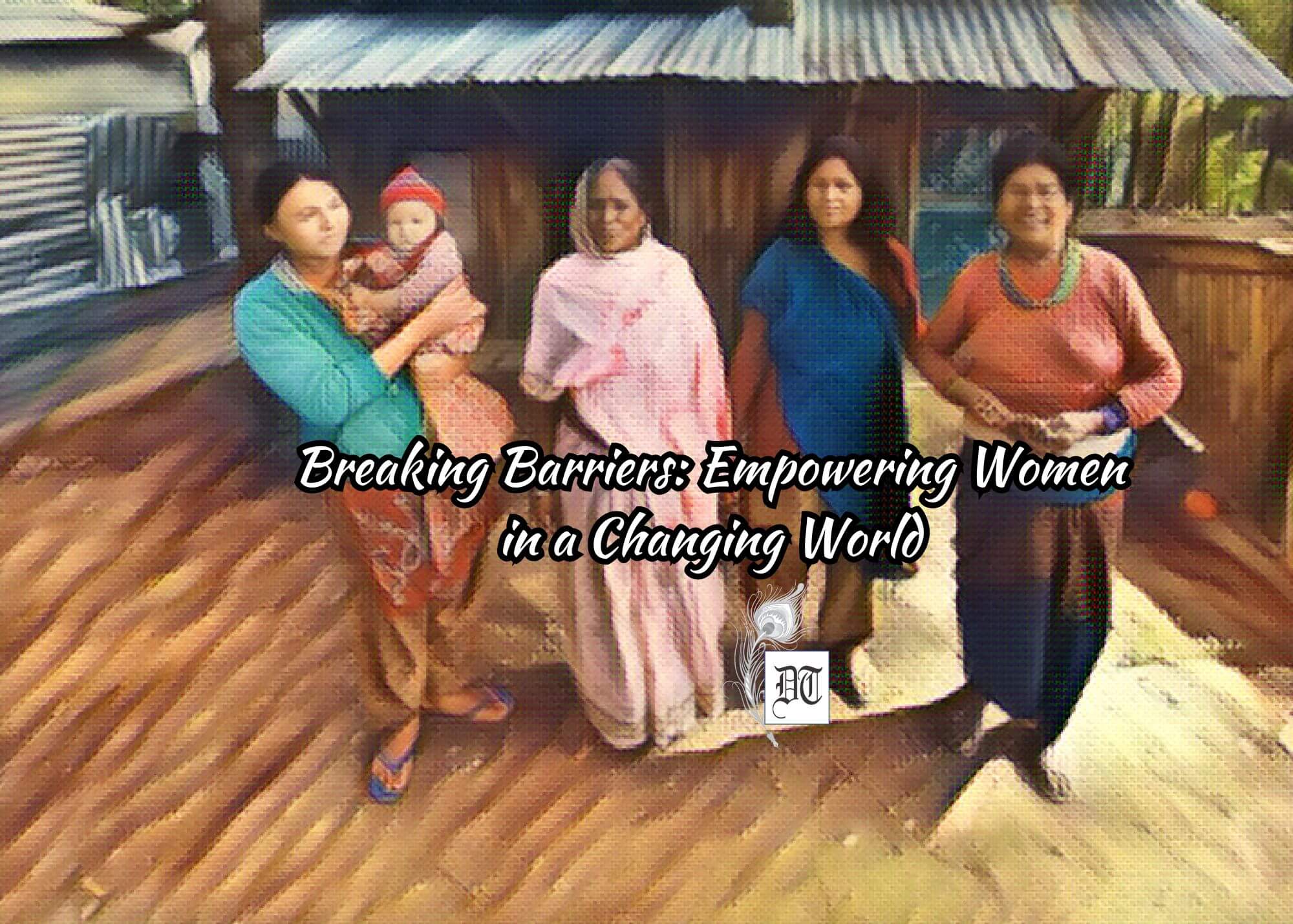
Very well thought out and beautifully written. Can’t wait to continue reading the articles in this series.